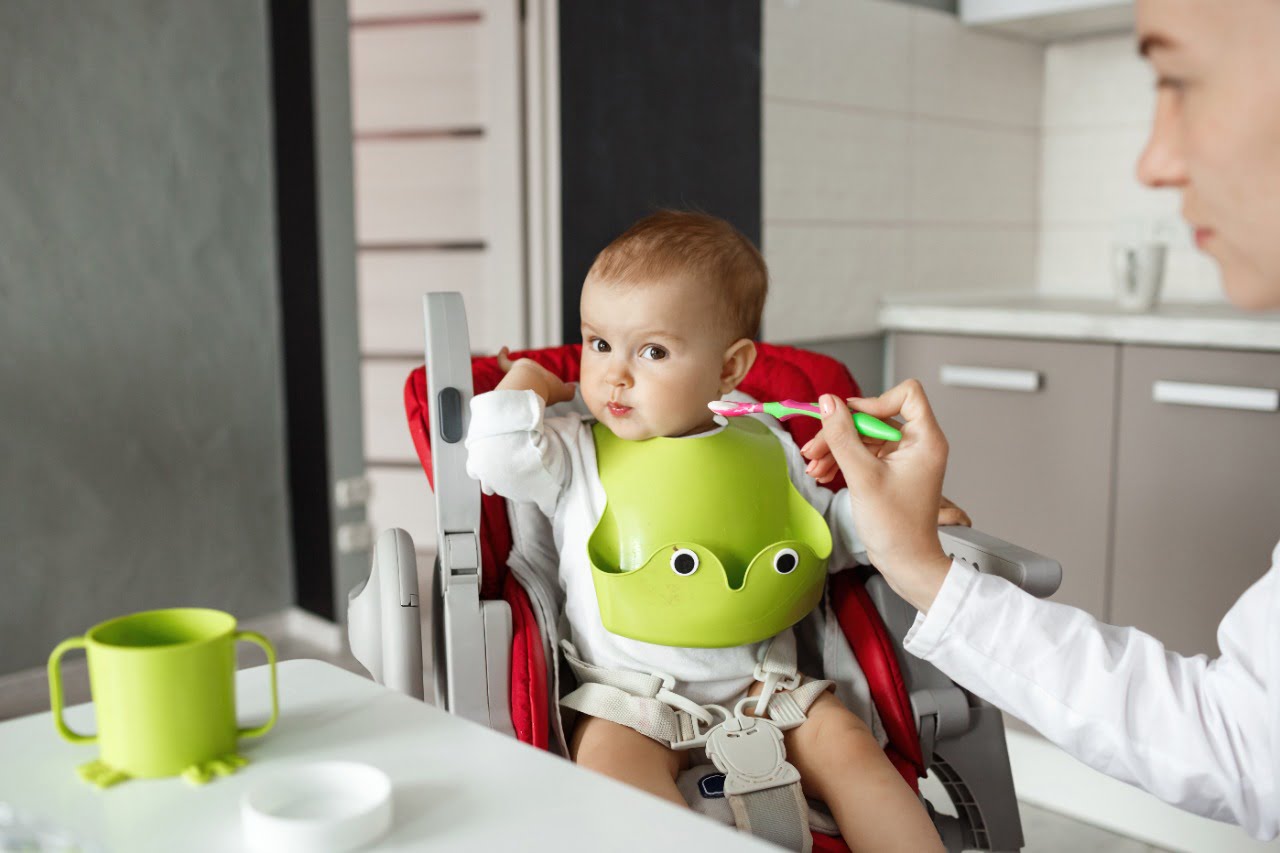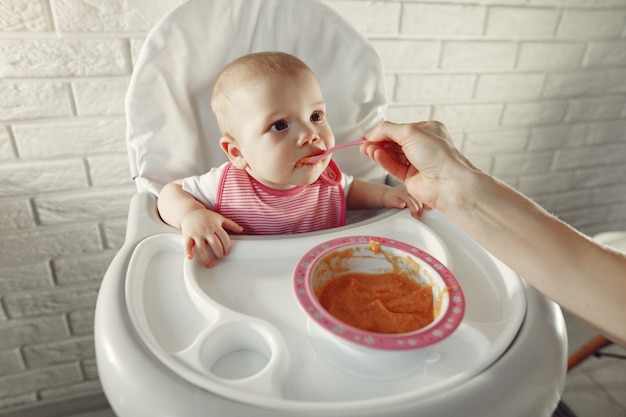How I Handled My Fussy Eating Baby
- Published on:
- Last update: 09 October 2023

Here is How I Handle My Fussy Eating baby.
As a parent, I get my daily exercise while feeding my child. It is no secret that children are fussy or picky eaters when it comes to healthy food. I got one here at my home. In the routine of feeding babies, we sometimes forget to ask ourselves if they are eating healthy. Even though greens are healthy, I have difficulty feeding my baby healthy baby food.
A fussy eater is always a concern for every mother. The constant complaint is that she doesn’t eat well and even when she eats, it’s not healthy food. Under forceful feeding, I observed that the child suffered. It made me rethink my strategy. Here is how I get my baby to eat healthily.
I’ve discovered ways to get my baby to eat healthy after doing some intensive research through trial and error. The secret is not to create a funny routine or use a special recipe. This is a combination of tips and tactics that I found useful for getting my baby to eat healthy food. It is important to prioritize the health and well-being of the child. After all, we are what we eat. I would like to share the guidelines I used to get my baby to eat healthy before getting into details.

Force-feeding is unhealthy for children
I used to force-feed my child. This concept is based upon the notion that you must be rough to do good. I thought I was helping, but it wasn’t the case. Food should have a positive influence on the relationship between parents and children.
Forcing children to eat leads to an aversion to food. I learned this the hard way. When we force-fed, the baby was not happy, neither was I. As soon as I brought food to her, the baby began crying and running away. It made the baby feel uneasy.
Remember don’t force-feed the children. When you force-feed the child, you damage the relationship with the baby. Be sure feeding time is a loving experience for the parents as well as the children.
Focus on time over Quality.
The most important thing I have learned is to not worry about the amount of food but rather when to feed the baby. The baby’s stomach is only 2 to 5 times as large as the baby’s hand. I learned that children should eat four meals each day. Be specific about the time, such as 8:00, 12:00, 16:00, and 20:00.
Find the ideal time to feed the child. If you start feeding, then it should stop after one hour. Between nine to twelve o clock, the child should not be offered anything other than water. Usually while feeding porridge we used to sit for hours to finish a bowl. Now whatever she eats, even if it is two or three spoons, we stop after one hour. It seems to help both the baby and me.
Hold Back on the Sugar and Milk.
Sugar and milk may seem like normal ingredients, but sugar-rich treats and milk will keep the baby from getting hungry. The average baby needs less than 200 ml of milk per day. Excess sugar is not good for health. As soon as I learned these facts, We cut back on the consumption of sugar and milk.
Reducing unhealthy habits can lead to a healthier diet. That does not mean that you should completely avoid these things. Just keep an eye on the amount of sugar and other unhealthy food consumed. I sometimes use sweets to encourage good behaviour.
I recommend starting healthy snacking behaviours as early as possible. Snacks can be used as mini-meals to add more grains, fruits, and vegetables to your child’s diet.
Add vegetables and fruits

When it comes to eating healthy, it is best to choose organic and green foods. Nevertheless, I have trouble getting my baby to eat vegetables. However, eventually, we overcame the difficulty.
The trick is to keep in mind that the children are tasting these ingredients for the first time, and it may take some time to get used to them. Not every taste is familiar to them. Include vegetables and fruits in daily porridge gradually.
Though they may not like it the first time, that does not mean they will not try again. That’s when you need to be patient. I tried over weeks to get her to eat vegetables and finally one day she acquired a taste for it. It no longer requires much effort to get her to eat those fruits and vegetables; it is merely a matter of patience and time.
Conclusion
It is possible for children to become fussy eaters or to acquire a taste for some food. It is important to be patient and introduce new tastes consistently to get the fussy eater to get more. The relationship between parents, children, and food needs to be healthy. Feeding time should be one of affection, play, and love. I understand how hard it is to feed a fussy eater and how worried parents are about their children. However, no matter how deep your worries are, do not force feed the children. Concrete on when to feed your child rather than how much. Rather than quantity, focus on quality. Feed the children at least four times a day at a specific time interval. Reduce unhealthy foods, especially sugar and milk, gradually. Get your children acquainted with the taste of vegetables and fruits by including them in the daily diet. Make sure the feeding experience is filled with love and enjoyment.
Every child is unique and deserves your unconditional love and patience. You should not be discouraged if your attempts to get your picky eater to eat aren’t 100 percent successful at first. No matter how much your little one hates eating anything but grapes, they are definitely not going to live off grapes for the rest of their lives. Children tend to eat the same types of foods for a while and then switch to other types. Look at the amount of food they consume over the course of a week (or even a month) rather than what they consume at a single meal or on a particular day.
Learn this mother’s tips to make her baby eat healthy by clicking here!
Share this post:

